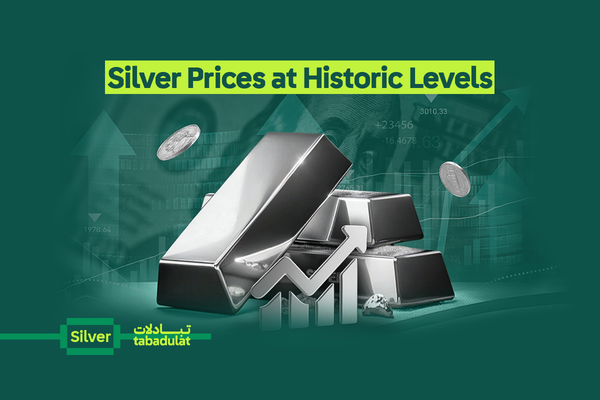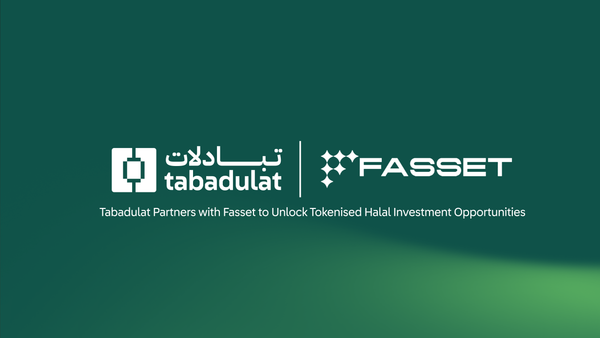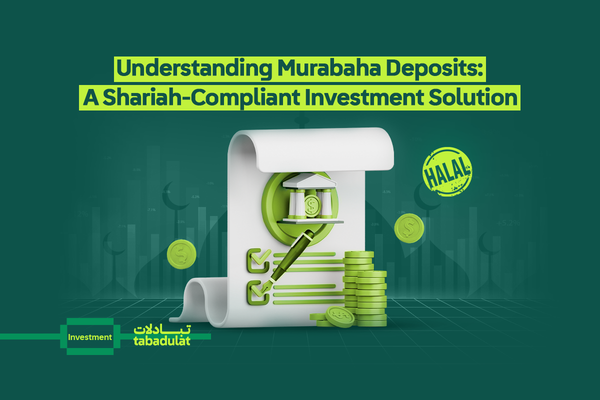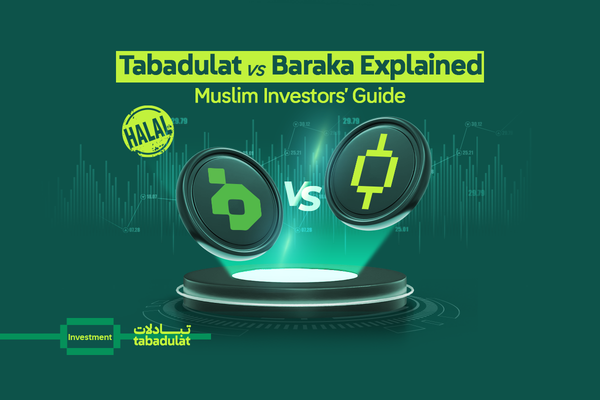Halal Investing: Myth, Facts and Islamic Finance
Uncover the truth about halal investing myths with real performance data, expert tips, and ethical trading tools. Learn how Sharia-compliant investing delivers strong returns without compromise in Islamic banking and financial products
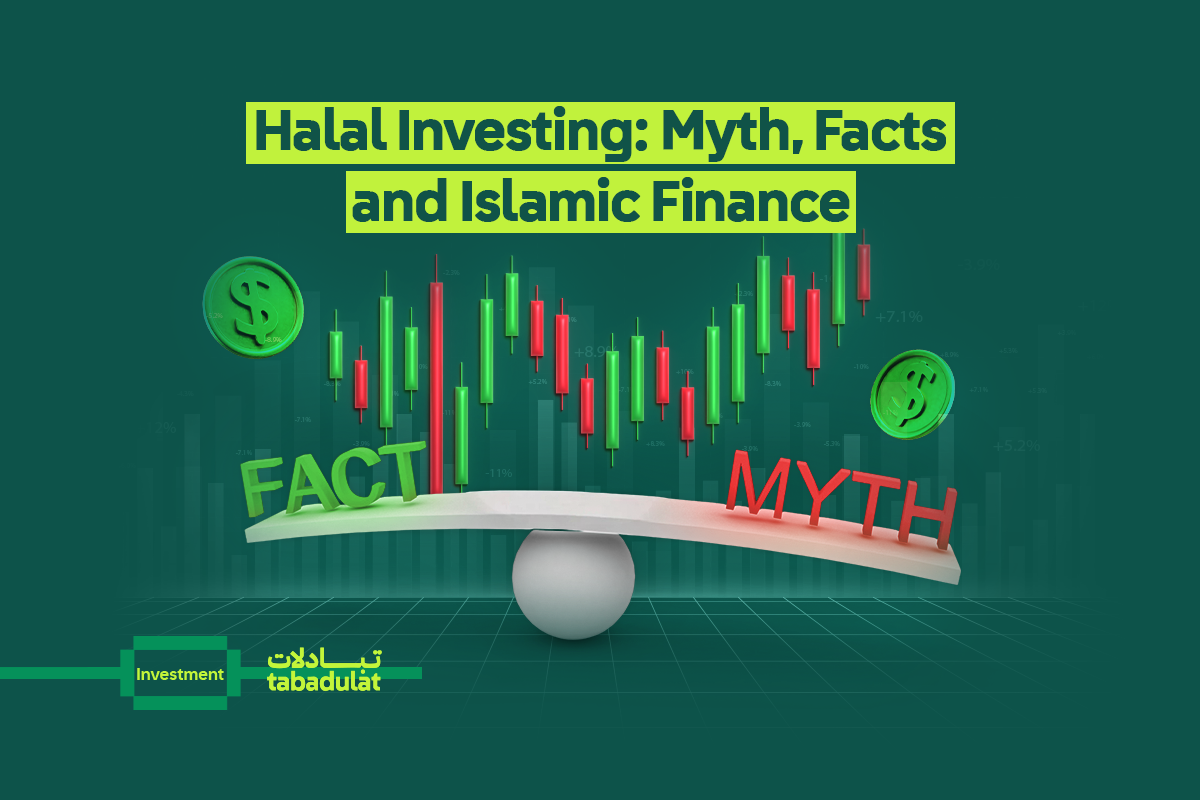
In today’s volatile markets, halal investing offers a rare blend of ethical integrity and financial performance. It’s not just a religious alternative, it’s a rising global model embraced by muslim investors and socially conscious investors seeking transparency, discipline, and long-term value across various investment options.
Yet despite its growth, Islamic trading remains surrounded by myths and misconceptions that prevent many from discovering its true potential in both exchange-traded funds and traditional savings accounts.
Is it less profitable? Is it only for Muslims? Does it mean sacrificing returns?
In this article, we uncover the truth behind these myths, backed by real-world data and success stories. Plus, we offer practical tools and tips to help you start your halal investment journey with confidence and clarity, while maintaining full adherence to Islamic principles.
Halal vs. Traditional Trading Accounts: What Sets Them Apart?
Myth: Halal trading accounts are just like traditional ones.Truth: Halal accounts are fundamentally different. They’re designed to comply with Islamic principles and support ethical investing.
That means, no interest, no swaps, and no investments in prohibited activities like alcohol, gambling, or conventional banking.
Key Features of Halal Trading Accounts:
- No interest (riba): Overnight fees or interest charges are eliminated.
- Transparency: All terms and fees are disclosed upfront, with no ambiguity or hidden conditions.
- No speculative gambling: Instruments involving excessive uncertainty or gambling (like binary options) are prohibited.
- Ethical sectors only: Companies involved in alcohol, gambling, tobacco, or conventional banking are excluded, ensuring shariah-compliant investment exposure.
Does Halal Investing Mean Lower Returns? The Numbers Say Otherwise
Myth: Halal investing is less profitable than conventional investing.Truth: Islamic finance and Islamic banking principles don’t limit profits; they promote disciplined investing, strong risk management, and ethical business practices. These principles often strengthen performance by encouraging sustainable strategies and avoiding reckless speculation.Islamic principles improve investment quality by focusing on real economic value, limiting excessive risk through low debt and simpler products, and fostering responsible, ethical investing with positive social and environmental impact.
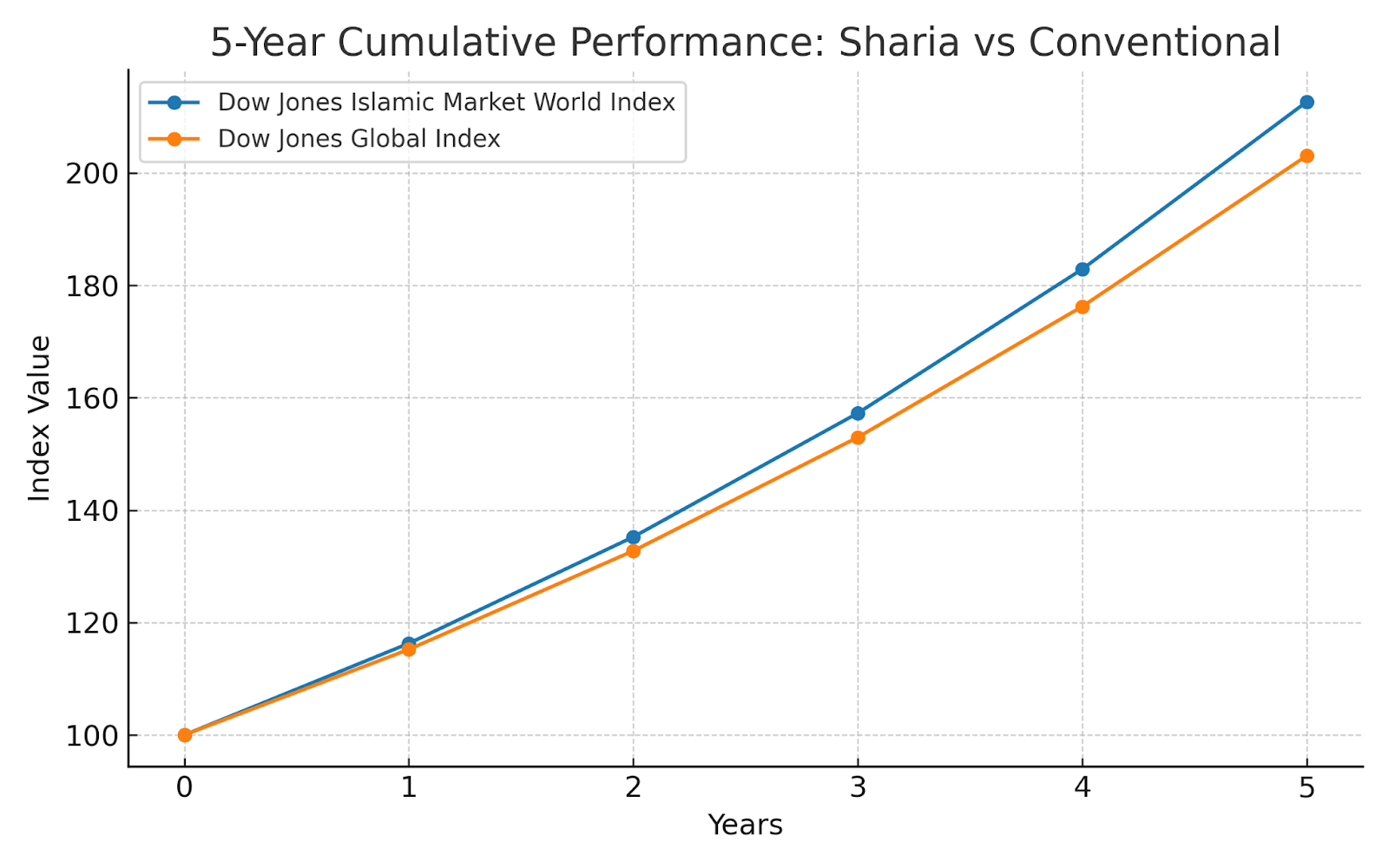
Comparison Between the Performance of Sharia-Compliant and Traditional Indexes.
A 2022 report by Refinitiv & Islamic Corporation for the Development of the Private Sector (ICD) revealed that Sharia-compliant equity indexes outperformed their conventional counterparts in several major markets, especially during periods of high market volatility.
Over the past five years, the Dow Jones Islamic Market World Index outperformed the regular Dow Jones Global Index when adjusting for risk. This shows that ethical screening and avoiding highly indebted, interest-based sectors can make investments both stronger and more stable.
Want to explore Shariah-compliant funds? Tabadulat provides access to thousands of Sharia-compliant assets globally reviewed daily for compliance.
Is Islamic Trading Risk-Free? The Real Risk profile
Myth: All halal investments are low-risk.
Truth: While Sharia encourages responsible investing, it doesn’t eliminate risk. Investors must still make informed, strategic decisions. Islamic trading operates in the same financial system influenced by market dynamics, global events, and economic policies.
Islamic trading faces risks such as market volatility driven by economic shifts and global events, limited diversification due to excluding non-compliant sectors, lower liquidity in some Sharia-compliant assets, and the need for continuous compliance monitoring as companies’ activities evolve.
Solution: Platforms like Tabadulat, Zoya, and Sarwa offer investors practical tools to manage these risks, providing access to thousands of globally listed Sharia-compliant stocks and funds, including savings account alternatives and exchange-traded funds, with daily compliance reviews.
Is Halal Trading Only for Muslims? The Answer May Surprise You
Myth: Halal investing is for Muslims only.
Truth: While halal accounts are designed to follow Islamic principles, they’re open to all investors, including non-Muslims who prioritize ethical, interest-free investing.
Examples of Non-Muslim Interest in Halal Investing:
- A June 2025 report by Aranca highlights that halal investing is expanding globally, not just in the Middle East and Southeast Asia, but also in Europe and North America, driven by both Muslim and ethically conscious non-Muslim investors.
- Global Islamic funds: Platforms such as Wahed Invest attract a diverse global audience, marketing themselves as ethical investment platforms, not exclusively Islamic.
- Academic interest: Institutions like Harvard Law School and Oxford Centre for Islamic Studies are actively researching Islamic finance as a moral and sustainable alternative to conventional banking systems.
Is Halal Investing Expensive? Here’s How to Save and Profit Smartly
Myth: Halal investment accounts have high fees.
Truth: Not necessarily. While some providers may charge premiums for niche services, many halal platforms offer competitive pricing, often lower than traditional accounts.
At Tabadulat, we redefine halal investing with just 0.25% (25 cents per $100) on stock and forex trades, no hidden fees or high minimums. Full Shariah-compliant investment model backed by qualified Islamic scholars.
Why Investors Choose Tabadulat:
- 100% Sharia-Compliant InvestingWe adhere strictly to AAOIFI standards, with oversight from an independent Sharia Supervisory Board made up of leading scholars.
- Daily Halal Screening of 40,000+ Stocks & ETFsOur system continuously monitors your portfolio and alerts you immediately if any asset becomes non-compliant with Sharia.
- A Global PlatformOpen an account from most countries worldwide and invest in Halal stocks from the U.S., Europe, and the GCC.
- Start Investing with Just $1Because of fractional trading, anyone can begin their investment journey, no matter how small the starting amount.
- Smart Tools to Guide Your Decisions
- Charts & Technical Indicators
- Advanced Portfolio Analytics
- AI-curated Market News
- Zakat Calculator based on your actual holdings
Halal investing doesn’t mean paying more; it means trading with integrity and transparency using proven financial products.
Conclusion: Invest with Integrity… Profit with Confidence
Halal investing is no longer just a religious choice’s a globally recognized financial system proving that it can deliver competitive returns while honoring deeply rooted values.
By debunking the myths surrounding Islamic banking and Islamic finance, investors are empowered to make smarter, more ethical financial decisions. Whether you’re a beginner looking for a trustworthy start or a seasoned investor seeking to grow responsibly, Sharia-compliant investment options offer a real path toward sustainable wealth.
Ready to invest with integrity? Join thousands of global muslim investors and ethical investors using Tabadulat to trade long-term transparently and profitably. Start your halal journey today
Frequently Asked Questions (FAQ)
How does Halal investing work?
Halal investing means putting money only in Sharia-compliant, ethical, and interest-free assets that avoid prohibited industries and share risk fairly.
What is halal investing?
It’s investing that complies with Islamic law, avoiding interest, excessive uncertainty, and prohibited industries.
How do I start halal investing?
Choose a trusted platform like Tabadulat, open an Islamic account, define your financial goals, and start building a Sharia-compliant investment portfolio.
Is Investing Halal or Haram?
Investing is halal if it follows Sharia rules (no interest, no haram industries, fair risk-sharing) and haram if it violates them.
Does halal trading mean I can’t earn high returns?
Not true. Halal trading emphasizes financial discipline and responsible investing, which can lead to strong, sustainable performance like the Dow Jones Islamic Market World Index.
Are there any halal ETFs?
Yes, halal ETFs exist and are a growing investment option. These halal ETFs are designed to comply with Islamic law by screening out companies involved in prohibited industries. Prominent examples of these halal ETFs include Wahed and HSBC's Islamic ETF ranges.


